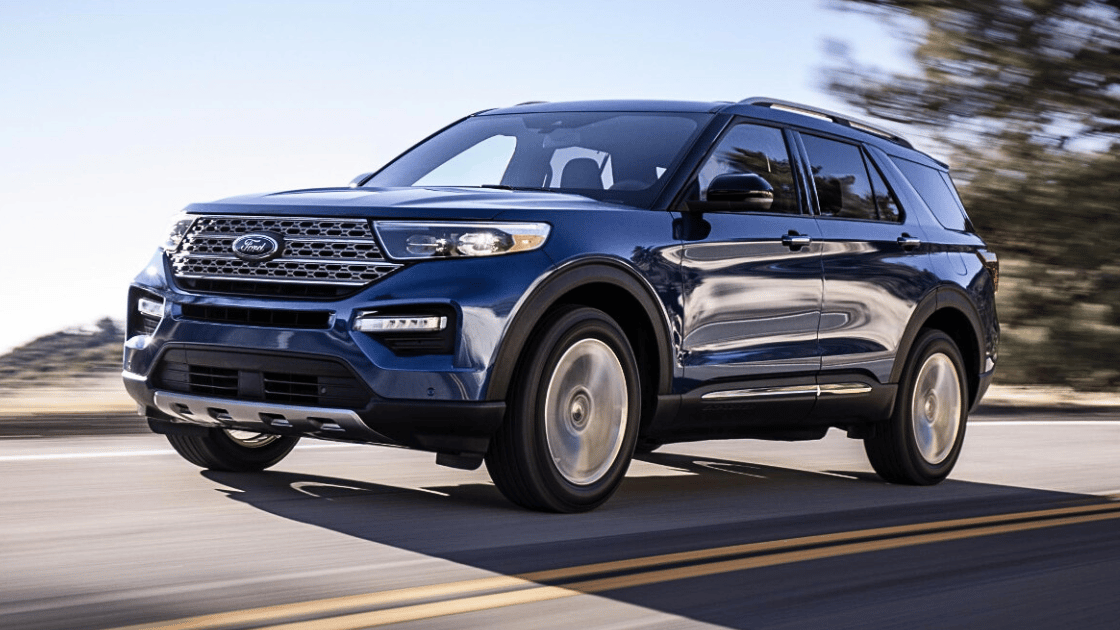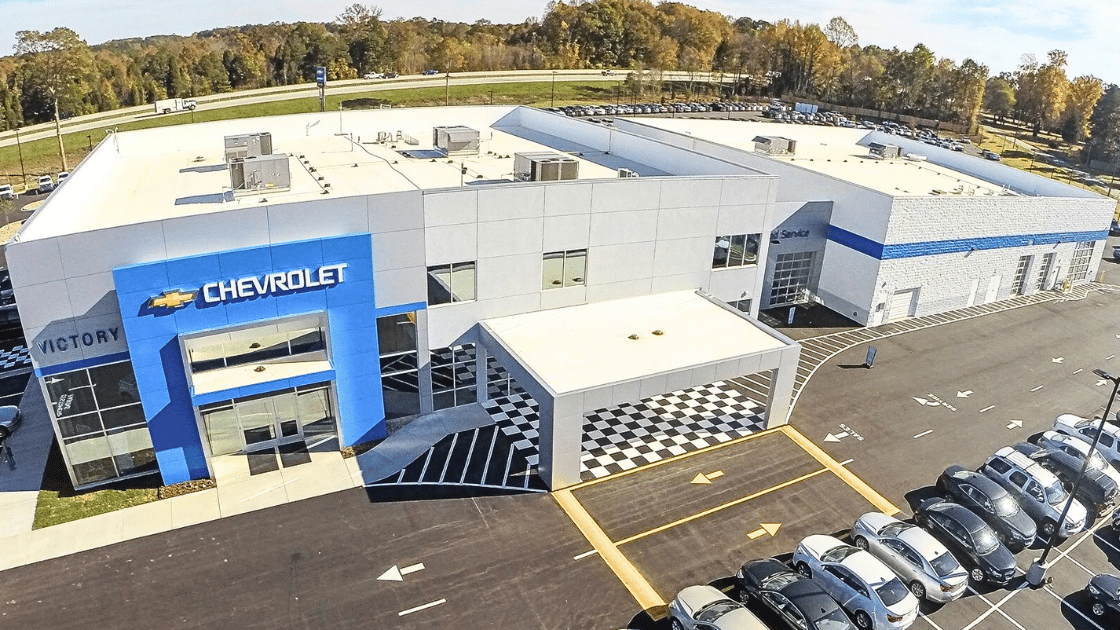
A new detailed report from the Anderson Economics Group (AEG) shows that auto tariffs may create unabsorbable costs for American automakers and car buyers.
For context: Analysts have likened President Donald Trump’s tariff plans to the Smoot-Hawley Tariff Act of 1930. That law aimed to shield U.S. industries from foreign competition by raising tariffs on many agricultural and industrial goods by around 20%. This move led to retaliatory tariffs from other countries. As a result, global trade decreased, worsening the Great Depression.
By the numbers: Factoring in a 25% tariff on imports from Canada and Mexico, plus a 10% tariff on goods from China, AEG assessed the cost impact on North American and Asian-assembled models from 13 mass-market car companies.
The firm found that even the least impacted models would see price increases of at least $4,000.
A full-size SUV with "some Mexican content" might see prices increase by $9,000.
Battery Electric Vehicles (BEVs) would take the biggest hit, with estimated price increases of $12,000 due to their higher aluminum and steel content.
A major reason behind the increases is the multiple times parts and components cross U.S., Mexican, and Canadian borders before final assembly.
Worth noting: AEG also found that the tariffs could lead to a sharper decline in U.S. auto production than last year’s UAW strike against GM, Ford, and Stellantis, as automakers would be forced to adjust their supply chains or absorb significant cost increases.
Between the lines: AEG’s principal and CEO Patrick Anderson said that even if tariffs are enacted at half the levels floated by the Trump White House, domestic auto production would still decline because:
Automakers can’t immediately shift sourcing and production to the U.S., and restructuring supply chains takes years. In the meantime, tariffs would drive up costs on existing production lines.
With new car prices projected to rise by $4,000 to $12,000, fewer consumers would be able—or willing—to buy new vehicles, reducing demand for domestic production.
As costs climb and sales decline, automakers could cut shifts, delay factory expansions, or reduce production levels, ultimately leading to fewer vehicles built in the U.S.
Why it matters: The days of using cross-border production to keep costs in check are fading fast. If tariffs go through, automakers will either have to eat the cost, pass it to consumers, or cut back production—none of which—are good options.
Become an automotive insider in just 5 minutes.
Get the weekly email that delivers transparent insights into the car market.
Join 90,000+ others now, it's free:
Experian Automotive discovered that 61% of dealer files have data issues, including outdated vehicle ownership, incorrect names and addresses, or wrong email addresses.
Life changes, such as new jobs, homes, or children, can make it challenging to keep up with your customers.
The solution? Ensure your data is accurate! Experian Automotive's first-party data management solution helps clean, verify, and enrich customer data, maximizing your marketing efforts.
By maintaining accurate data, you can better connect with your customers and stay ahead in the competitive automotive market.
Don't let data hygiene issues hold you back—take the first step towards better customer engagement with Experian Automotive's comprehensive first-party data management solutions!











